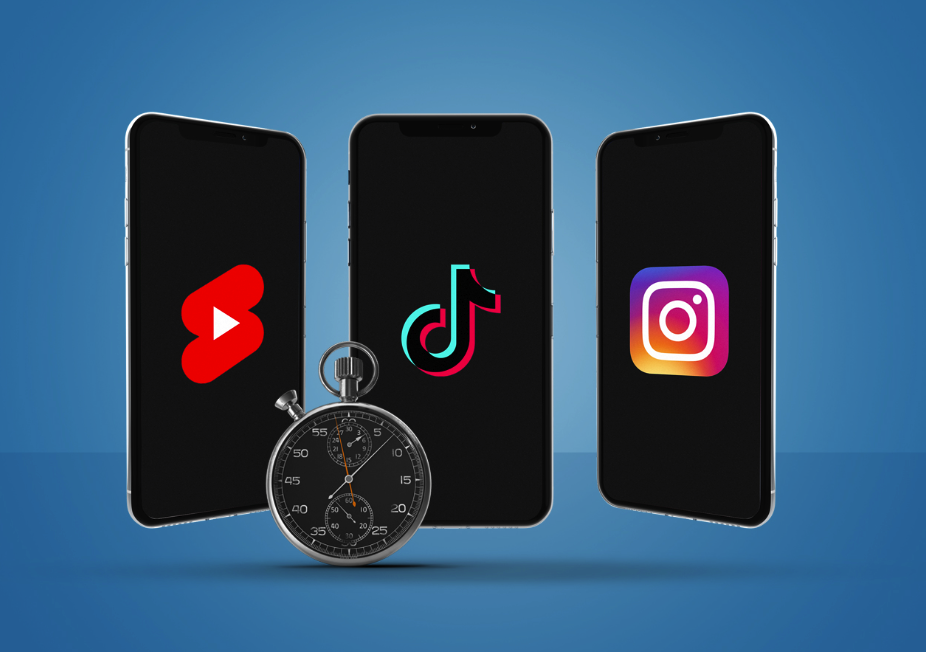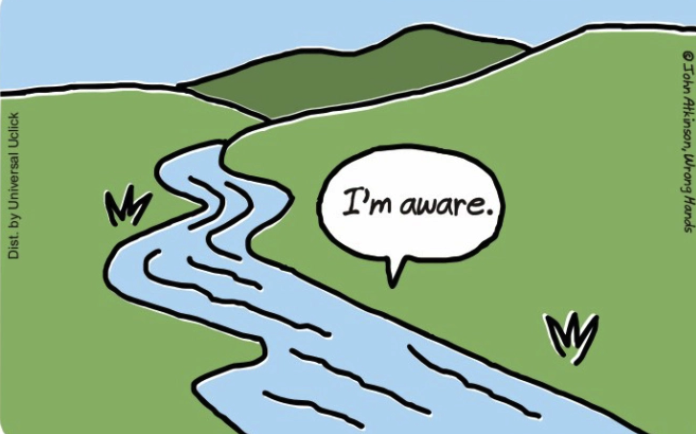Short-form content has inarguably taken the world by storm–nowhere else in human history can you watch a video of Lebron James dunking a basketball, with bass-boosted rap in the background, that is overlaid with text talking about “you and bro,” only to immediately swipe to another video of a fully grown man shouting words that didn’t exist three years ago, then realize that he might make more money than some doctors in Georgia. It is truly an exhilarating and novel experience that, understandably, seems to have plagued most high school students who have a phone. Walking through Malone or the halls of Hawkins, it’s hard not to notice students lounging, glued to their screens, scrolling through TikTok or Instagram Reels. I don’t claim to be an outsider to this phenomenon. According to the screen time function on my phone, I spend an average of over an hour on Instagram daily, which is unbelievable and enlightening.
Many adults, especially parents, seem to be concerned regarding their children’s constant engagement with these rapid, dopamine-injected videos. To that, I can only cite the case of my Dad, who probably watches upwards of two hours of Xiaohongshu (a Chinese app akin to Instagram) every day. This “problem” is not only affecting young people but everyone worldwide with access to technology. So, the question I hope to answer is this: Is short-form content actually bad for you?
Before diving into my thoughts, I want to acknowledge why these videos can be so addicting. They’re specifically manufactured by creators to hook and hold your attention because that is how they make money. Videos can last from seconds to just under a minute, making them quick and therefore extremely easy to digest. I’m sure many can relate to scrolling through a few clips while walking to class, or when waiting in line to grab lunch. Each video is flashy and unique, ranging from completely incoherent comedy to genuinely helpful information. Every time we scroll, our brain is happily stimulated and believes that it is receiving a reward, similar to how a slot machine might keep gamblers hooked with small winnings. What makes the habit hard to break is the slight dopamine hit every video provides, and the fact that there is an endless stream of this dopamine awaiting us after simply opening an app on our phones.
I also want to make it clear that short-form content is definitely not the best use of your time. Most of the videos that get pushed through the algorithm are not informative in any way, and even if they were, you would likely forget them two minutes later. In fact, I want to propose a challenge. Next time you’re scrolling, try to remember what happened in the clip you watched three videos ago, a feat I could not even complete. Not only is watching these videos unproductive, they can also have negative effects on your life. When your brain is exposed to too much of this content, it gets more and more accustomed to rapid-fire information, lowering your attention span significantly. I’m sure you’ve noticed this as well. I, for one, can hardly get through a ten-page history reading without stopping to open my phone a minimum of seven times. Furthermore, scrolling can also be more mentally fatiguing than you might think. While it seems like a leisurely activity, the constant switching between different topics and bright video effects can take a significant toll on your mind, making you more tired than before you picked up the phone.
That being said, it is not all bad. Apps such as TikTok and Instagram have provided a platform for people–young and old–to express themselves. The wide variety of videos that span from educational content to satirical criticism of society are not only entertaining but prove the depth of human creativity. A lot of people have found their voice through creating these videos, and they help contribute value to the lives of others. The real problem lies not in the videos themselves but simply in the amount of time we spend on them. Scrolling for a few minutes while sitting in the car isn’t going to hurt you, but those late nights in bed when a young child is supposed to be asleep could have long-term repercussions. As long as you aren’t losing track of the important things in life, like time spent with family and friends, there isn’t too much to worry about.
If you take one thing away from this article, though, let it be this. Next time you pick up your phone to open TikTok or Reels, ask yourself one question: Am I simply taking a short break, or am I scrolling just to scroll? The answer will give you insight on exactly what to do.
Edited by Lilya Elchahal



